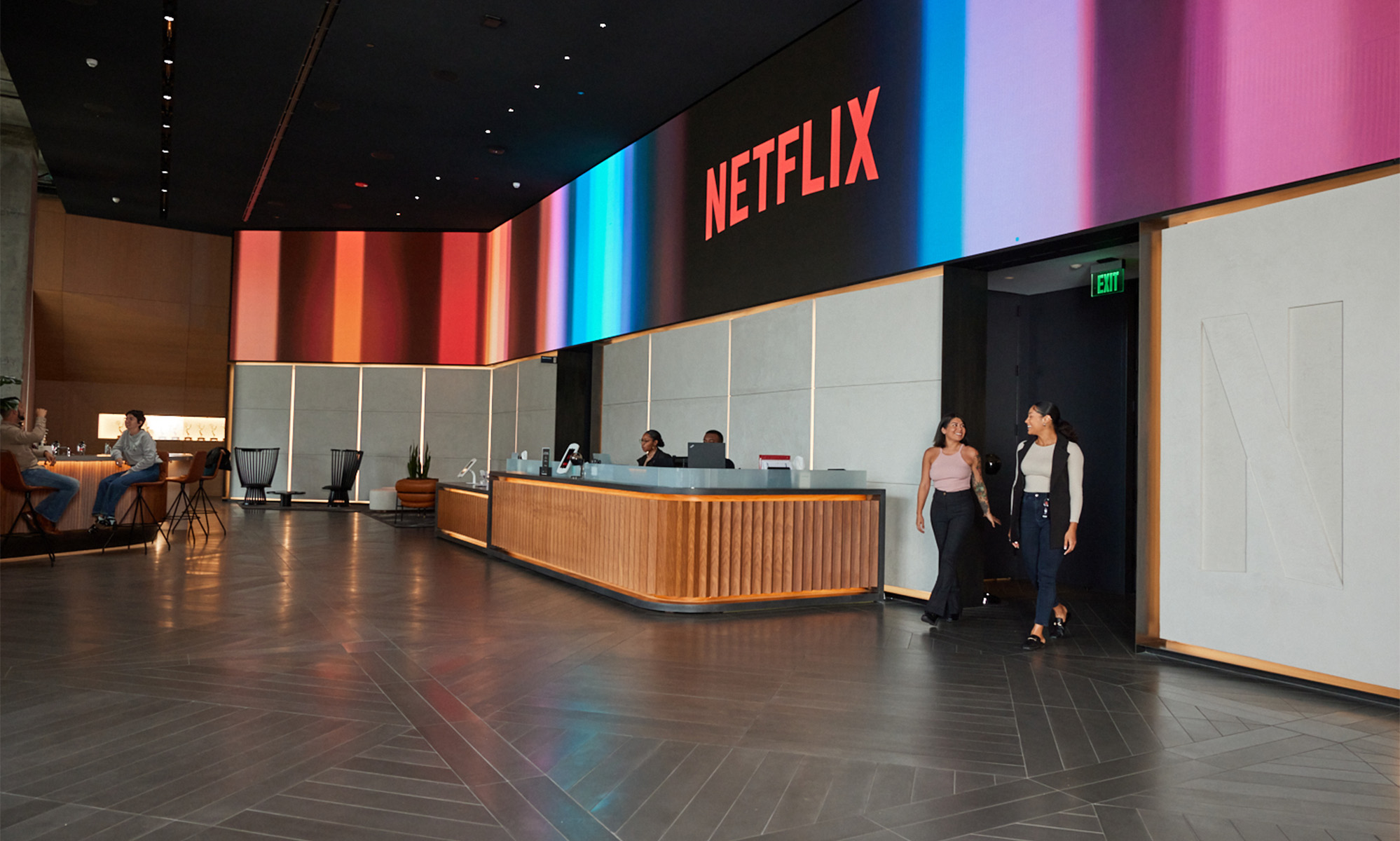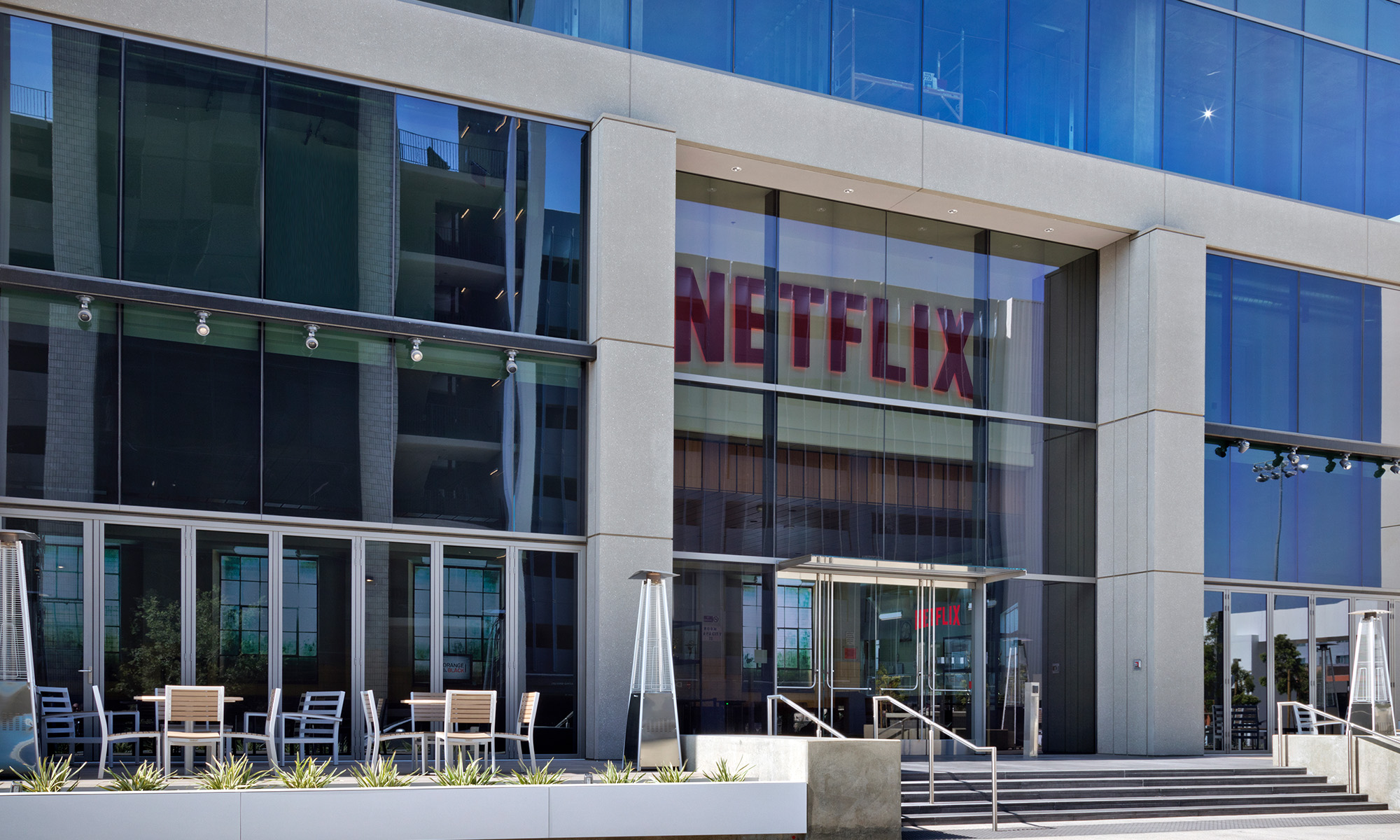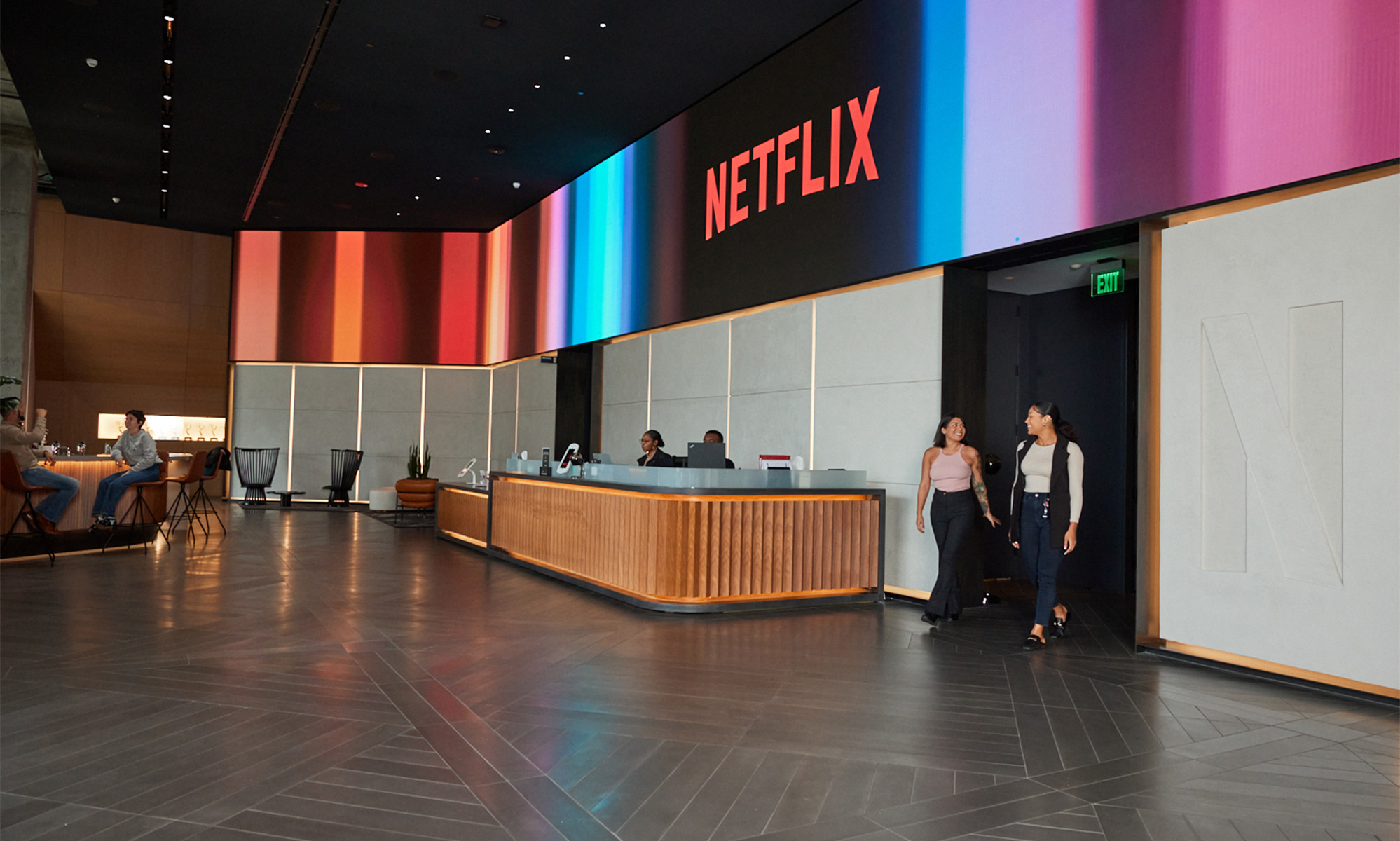for·ev·er -- for all future time; for always
-- Oxford Living Dictionaries
I thought I would address the most obvious question you might have about the headline of this article first. What do I mean by forever? To be honest, I don't think there's any stock I would simply buy and never look at again. However, as Warren Buffett noted in the 1988 Berkshire Hathaway shareholder letter, "When we own portions of outstanding businesses with outstanding managements, our favorite holding period is forever."
Some have interpreted this to mean that Buffett would never sell stocks, but that simply isn't the case. He has since clarified his famous statement, saying that he will sell stocks under certain conditions including "if we needed money for something else," or "we don't think their competitive advantage is as strong as we thought it was when we initially made the decision."
Still, there are some companies that are leaders in their respective industries and have so much going for them that holding for the ultra-long term seems reasonable. That's why I plan to hold Netflix (NFLX 1.10%) and Alphabet (GOOGL +0.44%) (GOOG +0.38%) for a very long time, perhaps "forever."

Image source: Getty Images.
The future of viewing
Recent advances in technology are changing the way the world consumes entertainment. Rather than catching programs at designated times, viewers are increasingly watching what they want when they want -- and no company deserves more credit for that changing paradigm than Netflix. The company popularized streaming just over a decade ago, and the practice has taken the world by storm.
Netflix has achieved a penetration level estimated to be more than 50% of U.S. households, and its international expansion is well underway. The company announced in early 2016 that it had launched in 130 new countries, bringing the total geographies to over 190. This move has resulted in exploding subscriber growth, recently up 17% year over year to 125 million. This has led to revenue that has increased more than 30% year over year in each of the previous five quarters.
The company's pricing power is another driver for the stock. Netflix recently increased its price -- and subscribers didn't blink. In October 2017, the price rose to $10.99 per month -- an increase of $1 -- for its most popular plan. A recent survey by Piper Jaffray analyst Michael Olson found that customers are less sensitive to the price than they once were.

Image source: Getty Images.
Finally, as the company's global customer base increases, owning its content becomes less expensive on a per-subscriber basis. The company also benefits from producing original content in lower-cost locations that can then be viewed by customers around the world.
With multiple potential catalysts for future growth, I think Netflix is an ideal stock to hold forever.
Pursuing multiple futures
While Netflix does one thing and does it very well, Alphabet, the parent company of Google, is pursuing multiple different avenues that could result in massive future returns.
The most obvious and well-known, of course, is Google search, which controls more than 90% of the worldwide search market. The company also has a massive 1.8 billion registered users watching video on YouTube each month. These two platforms provides the company with an unparalleled outlet for its primary moneymaker -- advertising. The company controlled more than 38% of U.S. digital ad revenue in 2017, and accounted for a disproportionate share of last year's growth. Alphabet grew its total revenue by 23% year over year in 2017, while its profits jumped 22%, excluding one-time charges related to U.S. tax reform.

Image source: Getty Images.
Google's dominance in the digital ad space provides the company with a massive stream of cash flow to invest in other potential growth drivers. The company has made significant investments in a number of areas, including cloud computing, which has grown to a $1 billion-per-quarter business, and is now ranked third among the major cloud providers.
Alphabet also made a significant investment in the area of self-driving cars -- and that is about to pay off. The company's Waymo segment plans to launch the world's first driverless ride-hailing service later this year in Phoenix -- a business it plans to expand across the country. Some analysts have conservatively pegged the value of that business unit at more than $70 billion, but also make the case that it could be worth as much as $140 billion.
Any of these side businesses could provide massive upside going forward, adding to Google's continuing dominance in advertising.








